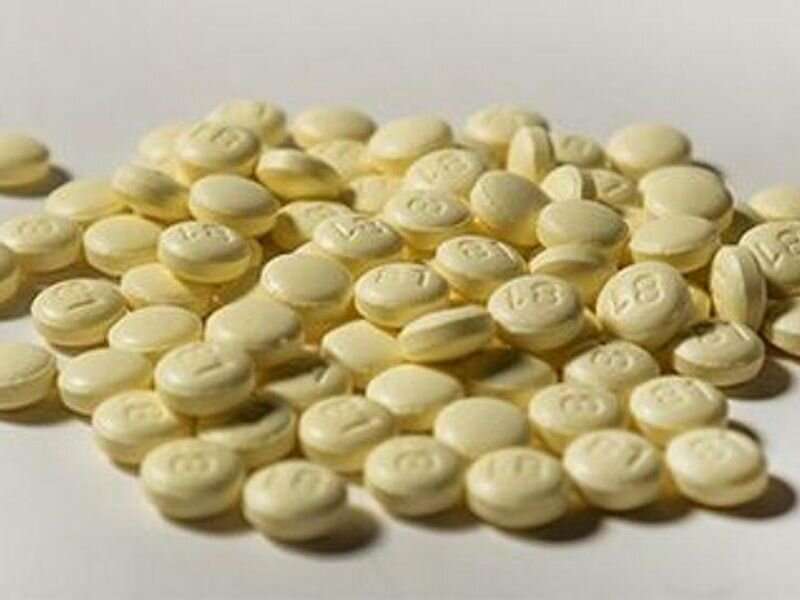
(HealthDay)—For patients with type 2 diabetes (T2D), with or without cardiovascular disease (CVD), use of sodium-glucose cotransporter-2 (SGLT2) inhibitors compared with glucagon-like peptide-1 receptor agonists (GLP-1 RAs) is associated with a reduced risk for hospitalization for heart failure (HHF), according to a study published online Sept. 28 in the Annals of Internal Medicine.
Elisabetta Patorno, M.D., Dr.P.H., from Harvard Medical School in Boston, and colleagues conducted a population-based cohort study involving adult T2D patients with and without CVD (52,901 and 133,139 matched pairs) to examine whether SGLT2 inhibitors and GLP-1 RAs are associated with differential cardiovascular benefit.
The researchers found that for patients with CVD, the initiation of SGLT2 inhibitor therapy versus GLP-1 RA therapy was associated with a slightly lower risk for myocardial infarction or stroke (hazard ratio, 0.90; 95 percent confidence interval, 0.82 to 0.98); for patients without CVD, the risk was similar (hazard ratio, 1.07; 95 percent confidence interval, 0.97 to 1.18). Reductions in HHF risk were seen with initiation of SGLT2 inhibitor therapy versus GLP-1 RA therapy, regardless of baseline CVD, in patients with CVD (hazard ratio, 0.71; 95 percent confidence interval, 0.64 to 0.79) and those without CVD (hazard ratio, 0.69; 95 percent confidence interval, 0.56 to 0.85).
“These real-world clinical data support the existing guidelines, which suggest that SGLT2 inhibitors and GLP-1 RAs offer similar benefits in atherosclerotic CVD prevention to patients with T2D and that SGLT2 inhibitors offer greater efficacy in HHF prevention,” the authors write.
Source: Read Full Article